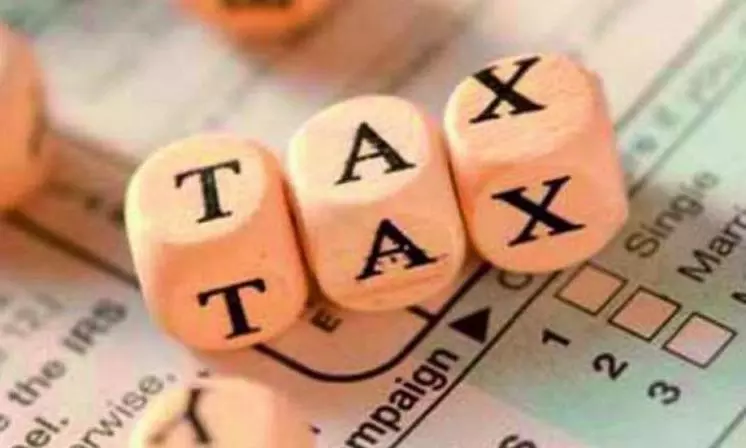Telugu States Pay Rs 66,267 Crore Income-Tax in Eight Months

Hyderabad: The income-tax department has collected Rs 66,267 crore in taxes in Telangana and Andhra Pradesh as on December 2 — eight months — against the Rs 1.21 lakh crore target in 2024-25, according to Mitali Madhusmita, principal chief commissioner of Income-tax for Telangana and Andhra Pradesh.
Speaking to reporters on the sidelines of an interactive session, ‘Faceless Assessment under the Vivad-Se-Vishwas Scheme’, at the Federation of Telangana Chamber of Commerce & Industry (FTCCI) in Hyderabad on Monday, Madusmita revealed that the department was expecting a 15 per cent growth in tax collection this fiscal compared to last year. However, the actual growth rate surpassed expectations, standing at 20 per cent.
"While Telangana alone has achieved a growth rate of around 18 to 19 per cent this year, the tax collection in Andhra Pradesh has not been as promising," Madusmita added.
The department also highlighted that over Rs 2 lakh crore of tax collections are still pending under dispute across both states.
Madusmita urged taxpayers to cooperate with the income-tax department by promptly responding to notices issued for additional information. She stressed the importance of resolving long-pending tax issues and disputes through the available schemes.
Shravan Kumar Gotru, principal commissioner of income-tax (review unit-I), pointed out that despite expectations, the response to the Vivad se Vishwas Scheme and the Dispute Resolution Committee (DRC) has been lukewarm. “We anticipated receiving a large number of cases, but unfortunately, this has not happened,” Gotru remarked.
The Direct Tax Vivad se Vishwas Rules, 2024, are aimed at providing an effective resolution to direct tax disputes, bringing an amicable end to long-standing litigations. At the same time, the introduction of the Faceless Assessment Scheme is designed to minimise direct human interaction in the assessment process, utilising online technology to make the system more efficient and accessible.
Despite the many benefits these schemes offer, V.S. Sudhir, the chairman of the Direct Taxes Committee of FTCCI, noted that both taxpayers and tax administrators are facing certain challenges. "Efforts are underway to foster better understanding and cooperation between the two parties, ensuring a win-win situation for everyone involved," he stated.
Sudhir also highlighted the dual responsibility of taxes in driving the country's governance while ensuring the administration remains taxpayer-friendly, facilitating easier compliance.
